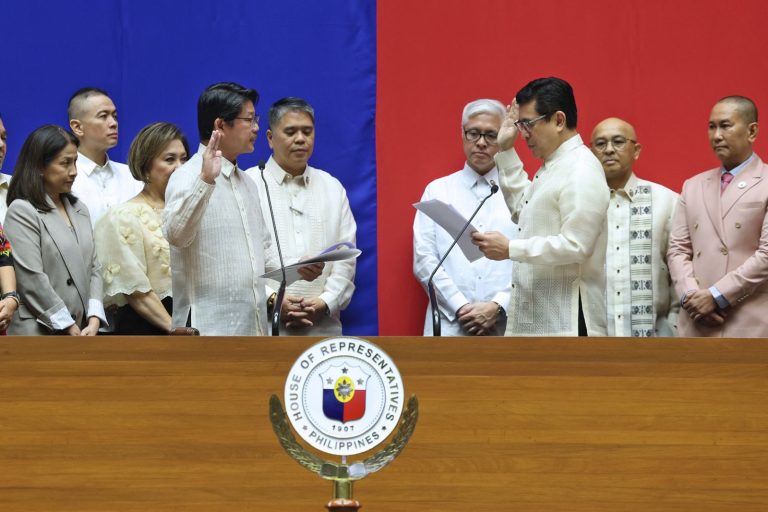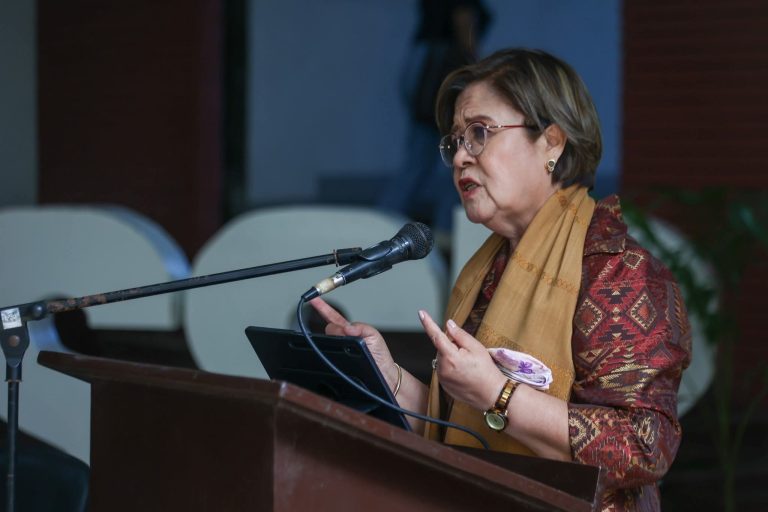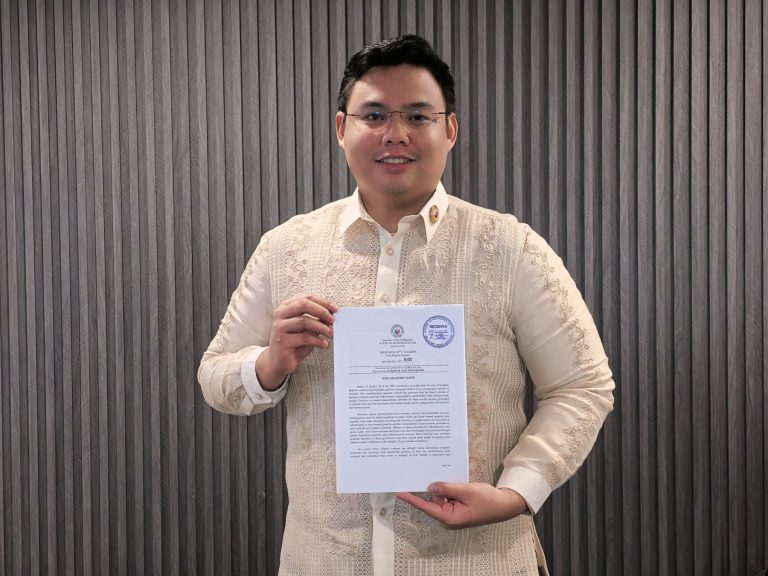
KAMANGGAGAWA Partylist Rep. Elijah “Eli” San Fernando has filed House Bill No. 6205 seeking to grant all Filipino workers a three-month national tax holiday on compensation income. Filed on Wednesday, the measure aims to deliver direct financial relief to wage earners and address mounting public anger over massive corruption in flood control and infrastructure spending.
Calling for both fairness and accountability, San Fernando said the proposal is a necessary response to the erosion of public trust:
“Taxation is a shared responsibility between the State and its citizens grounded in mutual trust. But recent investigations have shown that billions in public funds were misused: lost to corruption, to substandard or non-existent projects, to political dealmaking. At a time when our workers are already carrying so much, this breach of trust cannot be ignored.”
Under the Three-Month Tax Holiday Act of 2025, all income tax on compensation will be suspended for three payroll months, once the bill is approved. During this period:
– Workers will receive 100% of their compensation without any income tax deductions.
– Employers will temporarily stop withholding taxes for the duration of the holiday.
– The tax holiday will apply uniformly to all workers receiving compensation income, regardless of sector or salary grade.
– Mandatory contributions (SSS, GSIS, PhilHealth, Pag-IBIG) will continue, ensuring regular benefits are not disrupted.
– The holiday may only be granted once per taxable year, and cannot be carried over.
The measure also requires the Department of Finance and Bureau of Internal Revenue to submit a full transparency report within 60 days of implementation, detailing foregone revenue and the number of beneficiaries, ensuring accountability remains central to the proposal.
San Fernando emphasized that ordinary Filipinos have been “unfairly burdened twice”: first by economic hardship, and second by the discovery that their taxes were mishandled.
He stressed: “A responsive and meaningful intervention is necessary not only to provide immediate relief, but also to acknowledge the burden unfairly placed on ordinary taxpayers.”
He added that this intervention is uniquely insulated from corruption: “Unlike traditional social protection programs that rely on multi-layered systems vulnerable to political discretion and bureaucratic inefficiencies, this form of tax relief is direct, immediate, and far less susceptible to corruption.”
San Fernando said the measure is a moral acknowledgement from government: “Hindi lang ito tungkol sa pera. It’s about honesty. It’s about telling workers: ‘Naririnig namin kayo. Hindi kayo ang dapat magbayad sa kasalanan ng mga korap na pulitiko.’”
He likewise clarified that the bill is not meant to replace deeper reforms: “This tax holiday doesn’t erase the systemic problems we need to fix. But it gives workers breathing room now, while we continue pushing for structural reforms in public finance, procurement, and anti-corruption.”
The proposed national tax holiday, he said, is both a practical and symbolic response to a crisis of confidence in public institutions.
“It represents a concrete expression of the constitutional principles of equity and fairness in taxation and provides a means for the State to demonstrate good faith at a time when public trust must be actively restored,” the bill’s explanatory note reads.
“Workers have carried the weight of this country long enough. When corruption drains the national budget, the very least the government can do is give back what workers should never have lost in the first place,” he concluded.




